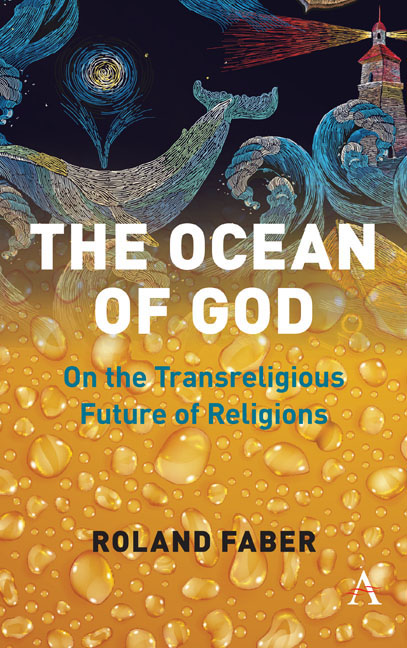Book contents
- Frontmatter
- Dedication
- Contents
- Introduction
- Part I Paradigms of Unity and Plurality
- Chapter One Unity or Plurality of Religions?
- Chapter Two The Healing and Poisonous Fruits of the Unity of Religions
- Chapter Three The Synthesis and Aporia of Religious Pluralism
- Chapter Four The Promise of Mysticism
- Chapter Five Polyphilic Pluralism
- Part II Negotiations of Multiplicity
- Part III Transreligious Horizons
- Glossary
- References
- Index
Chapter One - Unity or Plurality of Religions?
from Part I - Paradigms of Unity and Plurality
Published online by Cambridge University Press: 09 July 2019
- Frontmatter
- Dedication
- Contents
- Introduction
- Part I Paradigms of Unity and Plurality
- Chapter One Unity or Plurality of Religions?
- Chapter Two The Healing and Poisonous Fruits of the Unity of Religions
- Chapter Three The Synthesis and Aporia of Religious Pluralism
- Chapter Four The Promise of Mysticism
- Chapter Five Polyphilic Pluralism
- Part II Negotiations of Multiplicity
- Part III Transreligious Horizons
- Glossary
- References
- Index
Summary
The river Jordan is joined to the Most Great Ocean.
— Bahá’u'lláhReligious plurality is a fact of our world, and has been as long as we can access historical records. Yet neither the fact itself must be taken for granted— we can always ask, why?— nor the potentially underlying assumption that this plurality was the same or of the same kind at any given time in human evolution. It is, however, not necessarily this plurality itself that is problematic— whether it should be affirmed, theoretically or practically, or in any kind of reflections from within or without the diverse religions in their mutual encounter— but the heritage it has left for our common world today and the impact it has had on human existence and evolution in the past. Religious plurality, whenever it comes into focus, and although it also has had its surprising moments of mutual appreciation (but only moments, short phases, blips in the grand scheme), seems much more thoroughly to impress on us images and feelings of a cauldron of dissention, disagreement, violence and mutual destruction. And we cannot exempt our own time. Proponents of humanization— being, well, a process of hominization (a differentiation of Teilhard de Chardin)— always knew about the necessity to overcome these conundrums of plurality and violence in human evolution of mind and consciousness (and the related emergence of human conscience)— if we want to understand it as a process of spiritualization. Yet that, even after the bloody religious wars of past centuries (in the east and the west) and the two world wars of the twentieth century, the twenty-first century should much more feel and begin to look like the beginning of the twentieth than a new phase of global convergence of cultures and religions is in a sense devastating. This failure, in times of worldwide communication, cannot exempt religions, but rather demonstrates the historical impotence of religions to spiritualize humanity even to the degree that it would restructure social relations in the spirit of mutual understanding and for the common Earth.
- Type
- Chapter
- Information
- The Ocean of GodOn the Transreligious Future of Religions, pp. 13 - 20Publisher: Anthem PressPrint publication year: 2019



